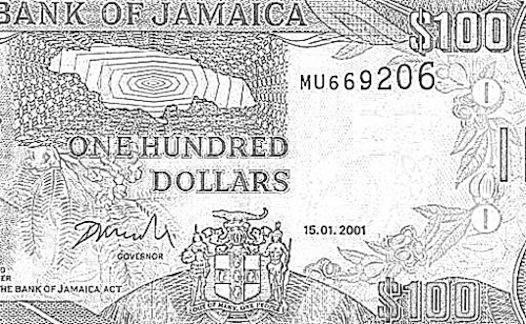By Ramesh Sujanani
Op-Ed Contributor
There is no doubt that Jamaica is one of the world’s most taxed countries (in more ways than one).
Nominal incomes for low-to-middle income individuals, after taking out the exemption level, (which has been revised over the years so that allowances such as transportation, rentals, clothing and uniforms are all taxable) are taxed at 25 percent of net salaries.
The need to buy food, medicine, rentals, the individual’s salary pays a further 17.5 percent in consumption taxes out of what is left to procure these goods and services.
Should they decide to put the balance into a savings account, they will further expect that a tax of 25 percent is payable on the interest earned.
Many other needs of life are taxed in a similar fashion, driving all the incentives out of overtime, bonuses, secondary or part time jobs, and other forms of extra pay.
Thereafter, the earner is unhappy and frustrated, disappointed with the fruits of his or her efforts.
All over the world, the middle class, which has to bear the brunt of these taxes which the poor are unable to pay and the rich avoid, looks with skepticism at the emoluments of the rich, the super-rich, and billionaires.
How many homes, in how many countries, with so many first-class automobiles, must the affluent enjoy, legally or illegally?
I suppose some persons are born rich, some persons acquire riches; some persons have prosperity thrust upon them. If sharing the wealth is communism, I prefer to be called Obama-ist.
There was a time 20 years when the Private Sector Organisation of Jamaica approached the Jamaican government with the same type of proposal: they wanted the waived import duty on raw materials to be reinstated, so that merchants and distributors would then be able to compete better with local manufactures stymied. This, then, is the horse of a different colour which we hear about so often.
The reform package is yet another version of the infamous structural adjustment program. The tax exemptions enjoyed by the manufacturing sector are to be removed, so that lower General Consumption Tax rates may apply to imports, making them more competitive.
At the expense of the poor, we are to add GCT on basic commodities, and reduce GCT on imported consumer products. Who benefits? The distributive trade in Jamaica, of course.
We cannot, once again, allow our foreign exchange position to deteriorate, by allowing foreign imports to surpass local foreign exchange earnings, resulting in a larger deficit, and taking our exchange rate another 20 percent higher.
But the PSOJ is suggesting we rearrange the tax rates, which will increase the taxation income from all categories.
The poor will feel it the most, and give up whatever necessities they have; the middle class will continue to pay and “suck salt,” while the rich hardly will hardly the effects. Banks and distributors /importers benefit in increased profits, both in exchange rates and sales.
We must exercise care in promoting our manufacturing, our exports, our tourism product and our agro exports, so as these may grow over time.
We have no Warren Buffets among our rich, and we need to have their total incomes declared so that a fair assessment can be calculated on income.
As to the PSWG [Private Sector Working Group]:
“Oh judgment, thou art fled to brutish beasts, and men have lost their reason.”
Ramesh K Sujanani can be reached at rsujanani78@gmail.com.
Note: the opinions expressed in Caribbean Journal Op-Eds are those of the author and do not necessarily reflect the views of the Caribbean Journal.
